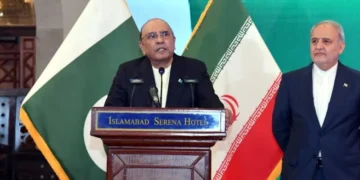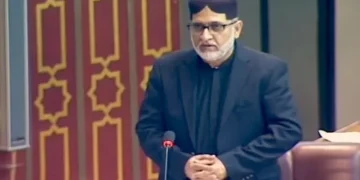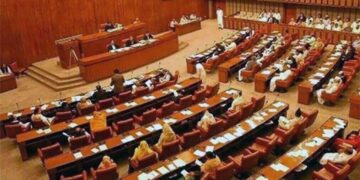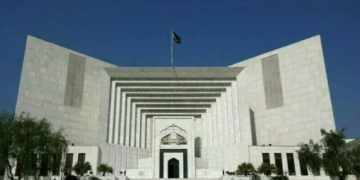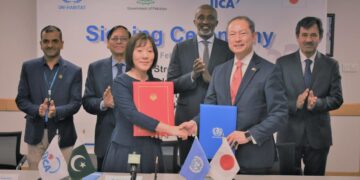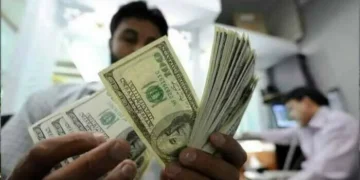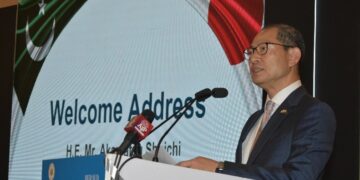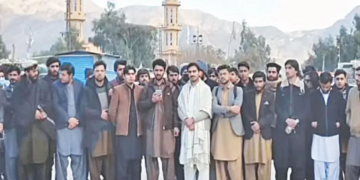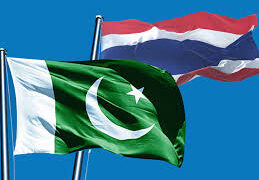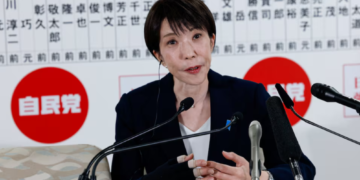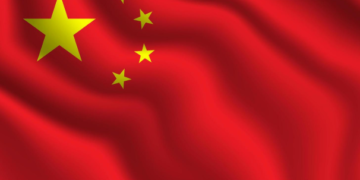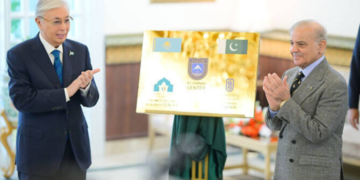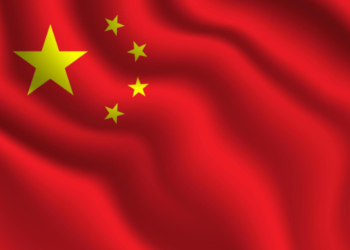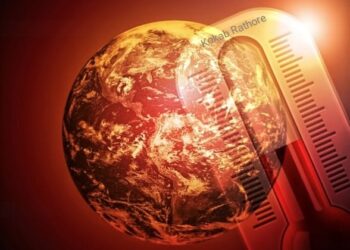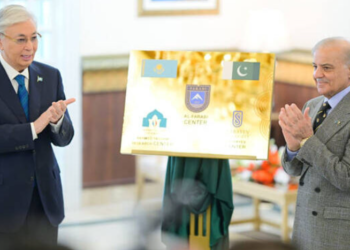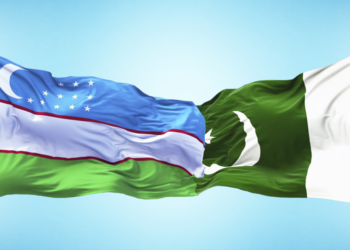With an estimated $6 trillion in natural resources, Pakistan possesses one of the world’s largest untapped reserves of critical minerals and precious metals. Although the country is not a major producer yet, its immense resource potential makes it a key player in the growing global race for resources vital for defense, clean energy, and high-tech manufacturing.
Pakistan’s growing significance on the international stage is demonstrated by its recent $500 million deal with the United States; it also indicates that the world has taken notice of Pakistan’s mineral potential. This deal is a progressive development because it places more emphasis on building an extensive, advanced supply chain than on a simple raw material exchange. This strategy focuses on critical minerals and rare earth elements, which are the foundation of emerging technologies like electric vehicles and advanced defense systems. Establishing a polymetallic refinery in Pakistan to process final goods for the US market is part of the long-term plan. Pakistan shipped its first shipment of minerals to the United States in October 2025 marking the start of a new phase in the strategic partnership between the US and Pakistan. In order to alleviate its severe debt crisis and diversify its economic partnerships, Pakistan views the deal as an important opportunity to draw in much-needed foreign direct investment, technology transfer, and job creation.
Interestingly, the U.S. Embassy in Pakistan, in collaboration with PUAN, recently organized a conference titled “Powering Progress: U.S.-Pakistan Synergy in Energy and Mineral Resources,” which brought together experts in mineral and energy extraction to discuss how their knowledge could benefit the U.S.-Pakistan mineral partnership.
Following the US-Pakistan mineral deal, China expanded export controls on rare earth and related technologies; the revised policy will require exporters to secure licenses from Beijing prior to selling these resources abroad.
There have been speculations: will Pakistan’s long-standing brotherly relationship with China suffer as a result of Pakistan’s growing trade cooperation with the United States?
China’s Foreign Ministry Spokesperson Lin Jian denied all speculations and clarified that “China’s recently released export control measures on related rare earth items have nothing to do with Pakistan.” He called them “a legitimate action” by the government to improve export control systems and fulfill international obligations.
Officially, Pakistan can still import rare earths and associated goods from China. Analysts anticipate that Chinese authorities may employ the updated export restrictions to give Pakistan’s import requests extra caution and discretionary scrutiny due to the recent US minerals deal, which directly challenges China’s market dominance.
According to Lin Jian, China and Pakistan have been in contact over mining cooperation between the United States and Pakistan, and Islamabad had promised Beijing that its dealings with Washington “will never harm China’s interests or its cooperation with China.” He assured China and Pakistan remain “all-weather strategic cooperative partners” who maintain “high-level strategic mutual trust and close communication on major issues of common interest.”
Pakistan must carefully balance its geopolitical interests. Its long-standing military and strategic partnership is still rooted in China, which is also its biggest arms supplier and the main investor in the China-Pakistan Economic Corridor (CPEC). The new US agreement provides much-needed Western capital and a strategic opportunity for economic diversification. By pursuing the critical minerals deal with the US, Pakistan’s leadership is signaling a policy of economic pragmatism in an effort to use its geostrategic location to draw in investment from the competing global powers. Islamabad’s official assurance to Beijing is an effort to balance the strategic depth of its core alliance with China while securing economic benefits from the US. The effectiveness of this strategy depends on Pakistan’s ability to efficiently utilize its mineral wealth without letting its pursuit for Western economic opportunity turn into a strategic tilt that could be problematic for its long-standing alliance with Beijing.
[The writer is a media graduate, serving as the Head of Communications at the Center for Democracy and Climate Studies, and as an International Expert at Diplomatic Affairs. She can be reached at sibgharauf64@gmail.com]


